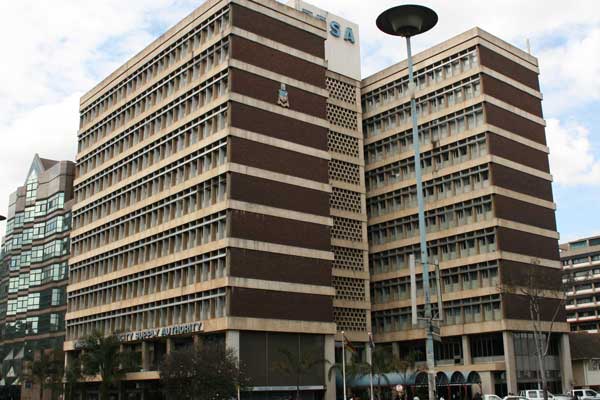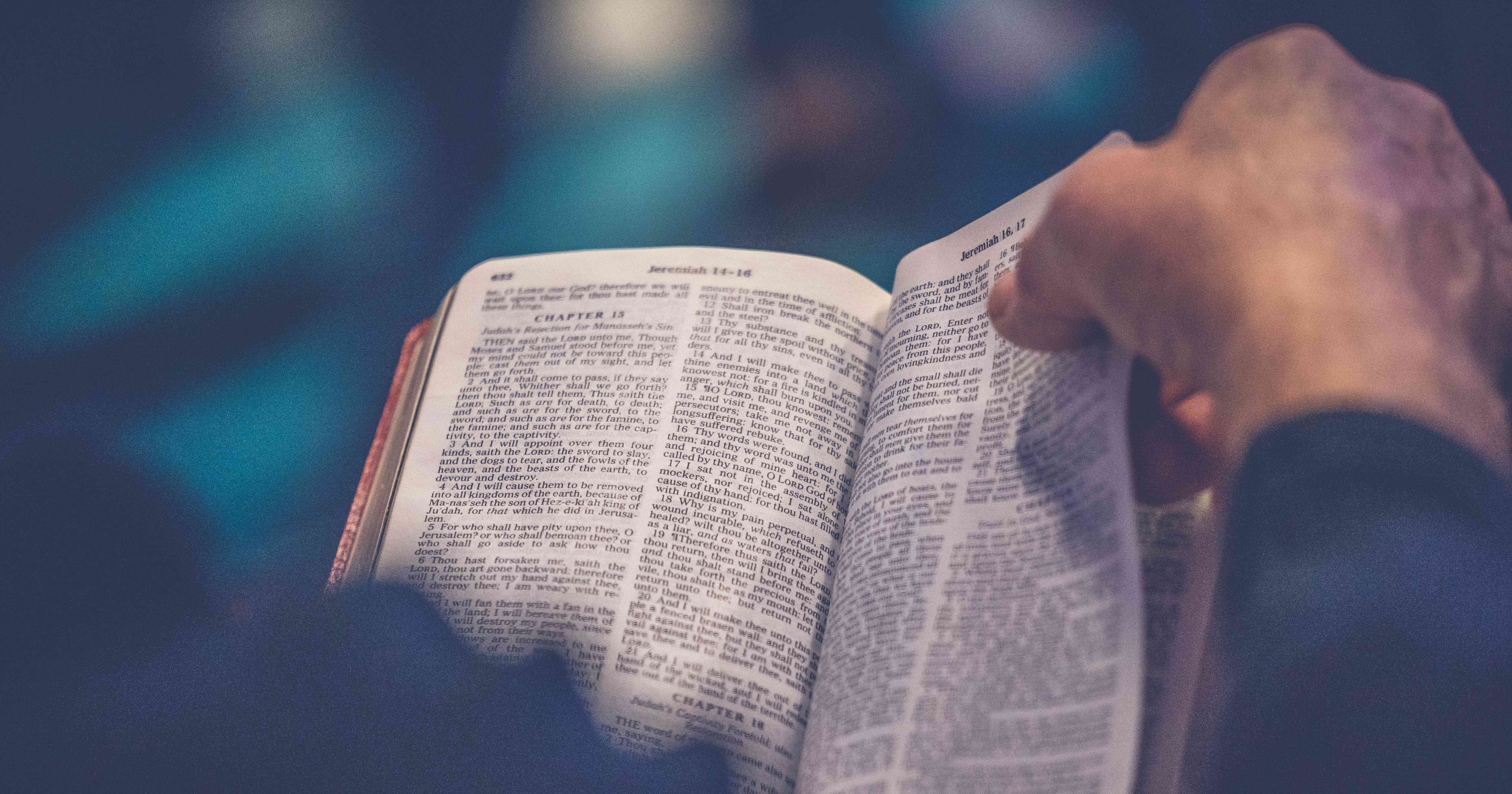
Power utility, Zesa Holdings has indicated that it will continue seeking an upward tariff review to enable speedy completion of its power generation projects.
BY VENERANDA LANGA
Zesa chief executive officer, Josh Chifamba told Parliament early this week that the current tariff rates were unsustainable, adding they last had an electricity tariff review in 2012.
But chairperson of the Mines and Energy Portfolio Committee, Daniel Shumba said his committee would not support the proposal because tariff increases would scare away potential investors.
“The Mines and Energy Portfolio Committee will not support electricity tariff increases, as most Zimbabweans have low income and a tariff increase would chase away potential investors,” he said.
“An increase goes against government policy of promoting the ease of doing business, making the country less investor-friendly.”
Chifamba told MPs that water levels at Kariba Dam were still worrisome and that the country would have to continue relying on power imports and supplies from the Dema diesel-powered generators.
But the committee said Zesa needed to review its business model, avoid buying expensive electricity and power imports, as the country’s balance of payments was in the negative.
- Chamisa under fire over US$120K donation
- Mavhunga puts DeMbare into Chibuku quarterfinals
- Pension funds bet on Cabora Bassa oilfields
- Councils defy govt fire tender directive
Keep Reading
“Zesa must speedily complete some of its power peaking plants envisaged in Mutare and Kariba South Extension in order to save the much-needed revenue for the country,” the committee said.
Zimbabwe Energy Regulatory Authority (Zera) chief executive officer, Gloria Magombo told the committee that a tariff rise would only be considered after a comprehensive review of all the cost structures of the power projects being developed in the country have been considered.
Last year, Zera rejected an application for a 22% upwards tariff review submitted by the Zimbabwe Power Company, which would have seen electricity costs rising by 49% from $9,86 to $14,69 per kilowatt hour.
On progress in Kariba electricity generation projects, Chifamba said one of the two units under the Kariba South Extension project would be commissioned by December 2017.
Each of the two units have the capacity to produce 150 megawatts (MW), to complement power generation from Kariba South, which has an installed capacity of 750MW.
“By December ,the entire power will have an installed capacity to generate 900MW,” Chifamba said.











